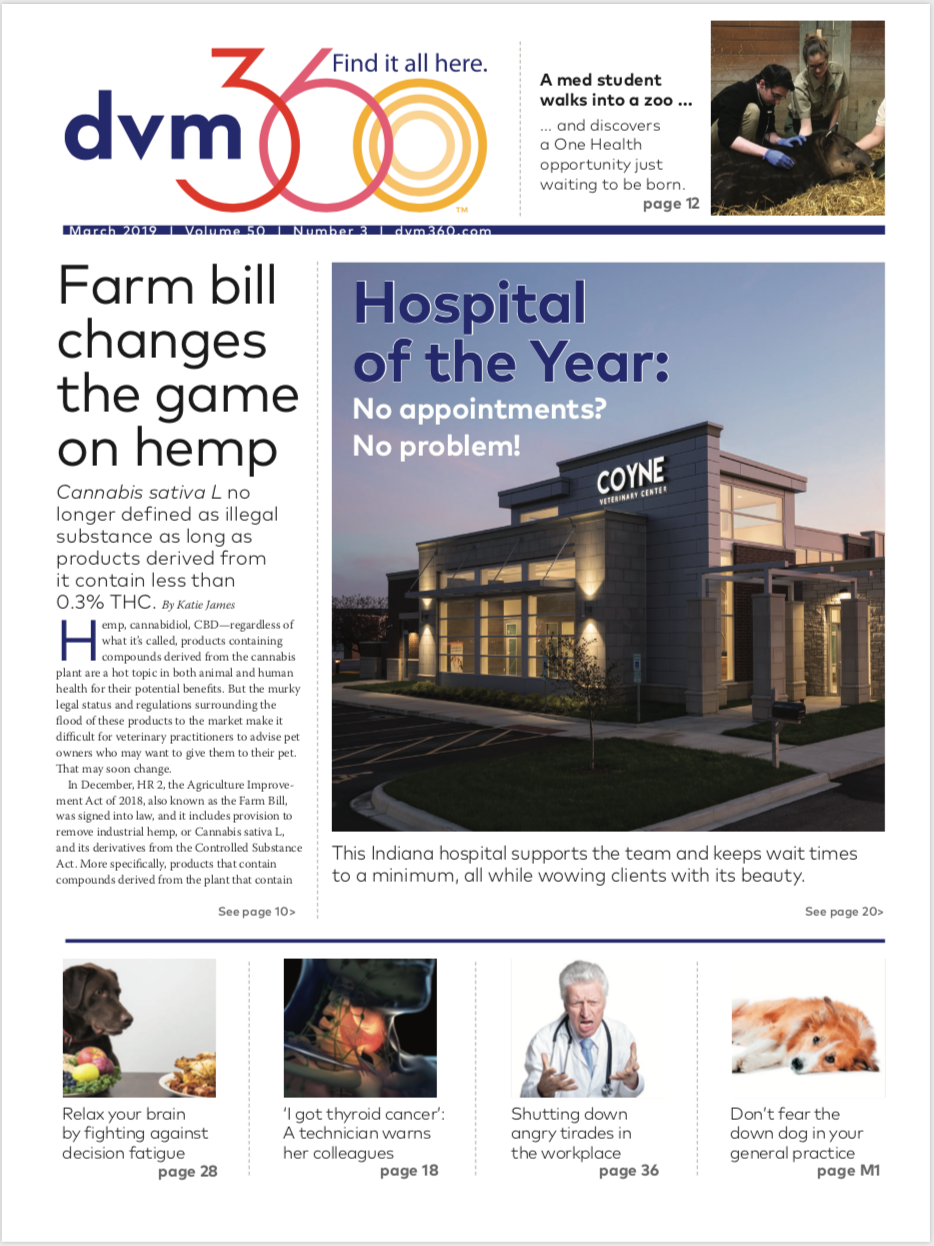Stop telling people what to do
If you like telling friends, family and colleagues what to do—and as a smart, solution-driven veterinary professional, you just might—it’s time to ask whether it’s what people you care about actually want or need in conversations with you.
Finger wagging and verbal advice doesn't work great for people. It also doesn't work great for bulldogs. (Willee Cole / stock.adobe.com)

Well, I did it again. I found myself volunteering unsolicited advice to my son. You know, those times when you hear yourself say to a child, “You should … ” or “If it was up to me … .” Fortunately, he knows I have a history of this, and he can say to himself, There he goes again! Perhaps you've had a similar experience. Perhaps you know something about the issue at hand that another doesn't know. After all, you just want to help!
Most of us like helping other people. We all love giving advice. Please understand, I mean well. I realize we all mean well when we give advice. We all like to think someone we know solved their problem because of our advice. We want to be perceived as wise and we like to impart our wisdom. But don't equate advice with wisdom. Don't fall into the trap of thinking that your advice is wisdom. You can share your experiences or knowledge, but you can't impart wisdom-that's an internal experience.
Don't think of advice shared as wisdom imparted. You can share your experiences or knowledge, but you can't impart wisdom. Unlike science, wisdom is a personal, internal experience achieved that can't be transferred or learned. The 18th-century philosopher Immanuel Kant wrote, "Science is organized knowledge; wisdom is organized life.” Unlike the Big Bang, it develops. Wisdom has been described as “experience distilled in a progression into principles for action”-from data to information to knowledge, then add a scoop of self-awareness and a dash of first-hand experience and some patience and, voila-the beginnings of wisdom. But again, wisdom, is not something that can be imparted fully ripened. It takes time, water and fertilizer to bring in a crop of wisdom.
If someone we know and love has a problem, we often feel compelled to get involved. Surely they want our advice. After all, we have the perfect solution to every problem (except our own). The problem with advising and “helping” others is that when someone takes our advice, it can be more of an ego boost and less an altruistic act. We can start to believe that as a certain world leader says, we're the best and smartest at … well, everything!
But as Chinese philosopher Confucius said, “If you're the smartest person in the room, then you're in the wrong room.”
A friend once told me, “People don't ask for advice because they want advice. They want affirmation for what they've already decided.” In fact, much advice is useless at best and destructive at worst. By trying to be smart, we can create more damage. Lord of the Rings author J.R.R. Tolkien said, “Advice is a dangerous gift, even from the wise to the wise, and all courses may run ill.” In other words, things can go from bad to worse.
I know better, but I'm particularly bad about foisting my advice on people I really care about like family and friends. “You should do this.” “Have you tried that?” But misguided, particularly unsolicited advice rarely adds much to the solution. Sometimes the best advice you can give is not providing any at all. But it isn't that easy, is it? Listening and empathizing with the other person and emphasizing understanding can be more helpful than advice.
Advice only works in one case: when someone asks for it-and even then not so much. While they might need help or even guidance, it doesn't mean they want our input right then. Sometimes people want to talk, not listen. Talking leads to self-reflection and gives people a chance to develop their own wisdom in time.
It doesn't mean that wisdom is not a goal to be pursued, but as Carole King said in her 1971 song, “It's going to take some time.”
Dr. Michael Paul is the former executive director of the Companion Animal Parasite Council and a former president of the American Animal Hospital Association. He is currently the principal of MAGPIE Veterinary Consulting. He is retired from practice and lives in Anguilla, British West Indies.
